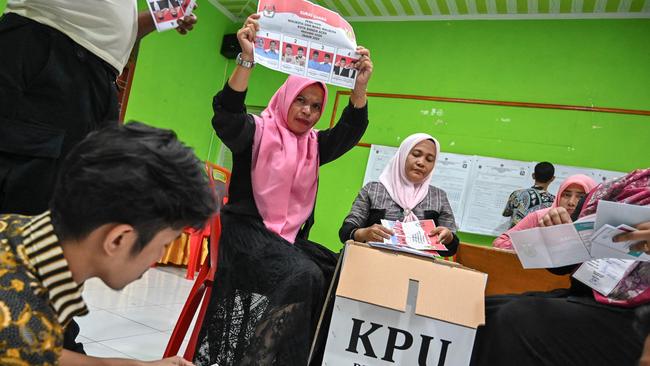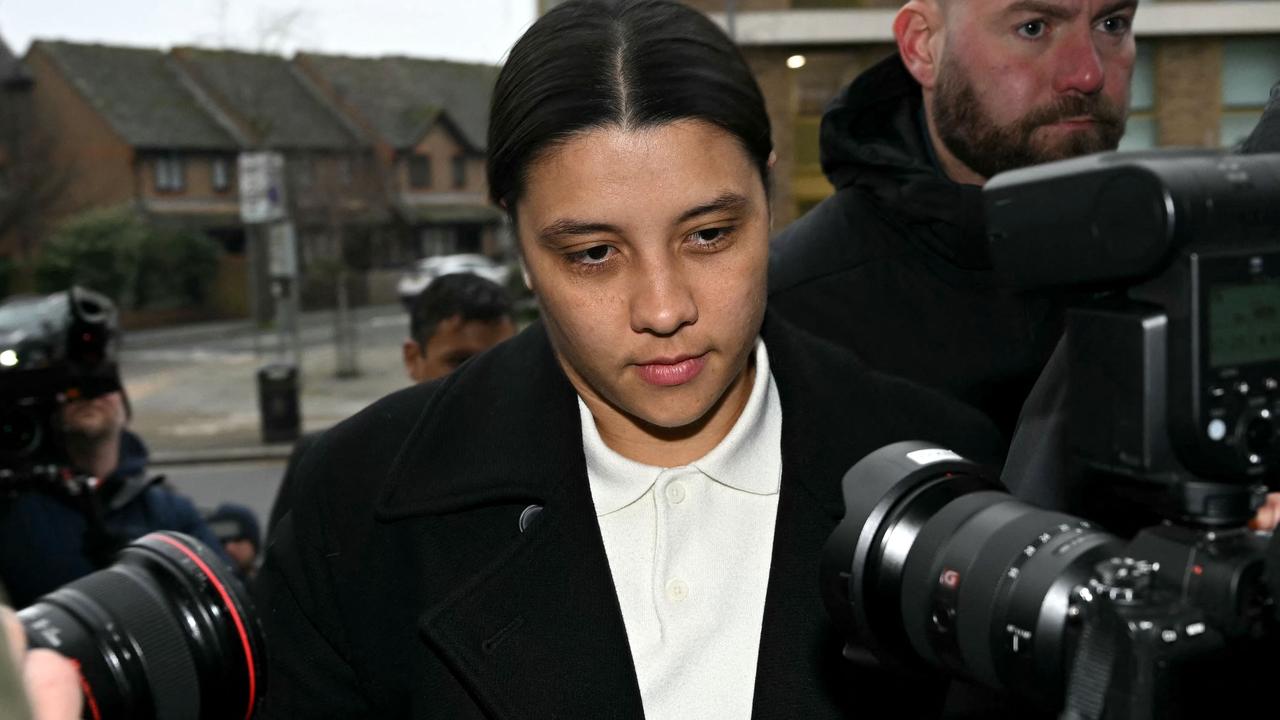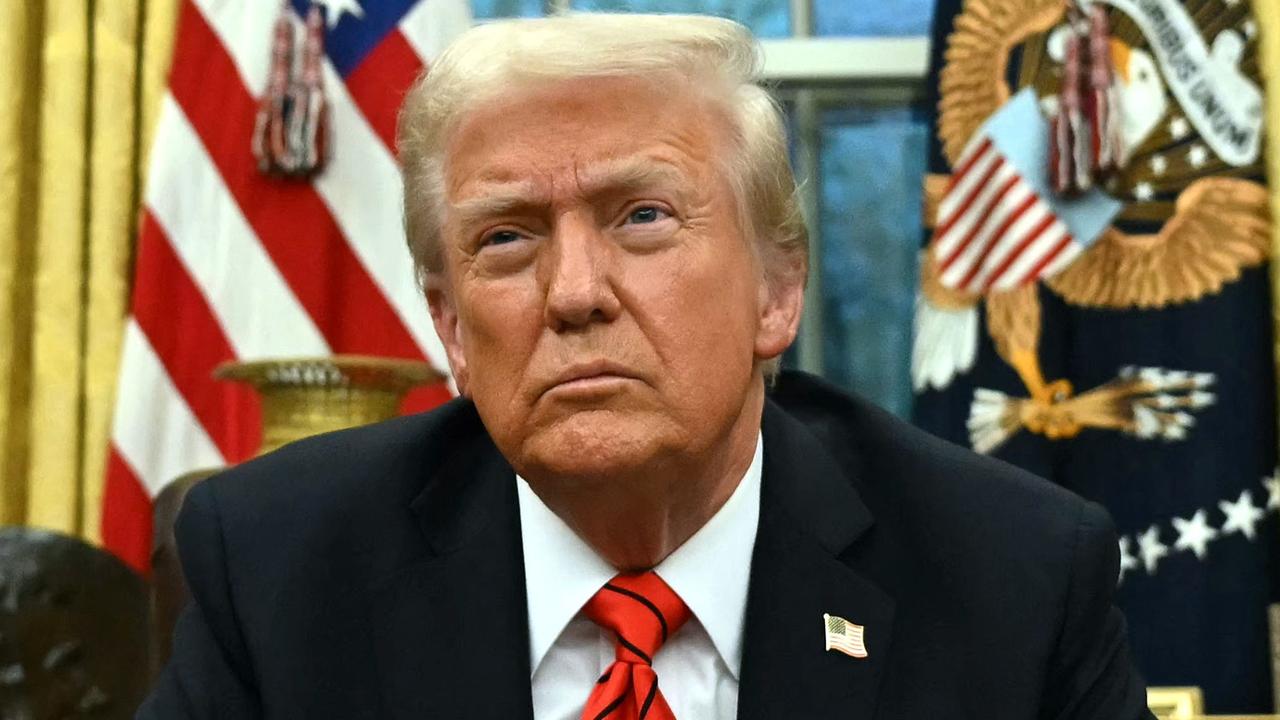Prabowo’s coalition dominates Indonesian regional elections
Indonesia’s new president, Prabowo Subianto, looks set to consolidate his grip on power after close to 200 million people voted in the country’s biggest ever simultaneous regional election.

JAKARTA: Indonesia’s new president, Prabowo Subianto, looks set to consolidate his grip on power after close to 200 million people voted in the country’s biggest ever simultaneous regional election.
But early results from Wednesday’s election contest for dozens of governors and mayors, and 415 regents has also confirmed the enduring political popularity of ex-leader Joko Widodo whose second and final presidential term ended only last month, and who backed several candidates vying for coveted positions seen as paths to higher office.
The race to become Jakarta governor was a key focus of a sprawling nationwide election campaign, given it has long been viewed as a stepping stone to the presidency. Mr Widodo successfully won a presidential election after serving as the capital’s governor for two years.
While Mr Prabowo is expected to secure victory across the country’s key provinces, he will not win in Jakarta.
Independent pollsters such as Indikator Politik Indonesia, Charta Politika, and Lembaga Survei Indonesia (LSI), placed the opposition-backed hopeful, Pramono Aung, ahead of his rivals, with between 49 and 50 per cent of votes.
The “quick counts” by independent pollsters have been used in previous elections by candidates to claim victory.
Lies Hartono, who heads Mr Pramono and his running mate Rano Karno’s campaign team, cited multiple polls putting the duo above the 50 per cent needed to avoid a second-round run-off.
“Based on those results, we can declare that the Jakarta election took place in one round,” he said in a press conference broadcast by Kompas TV.
However, gubernatorial candidates backed by Mr Prabowo’s ruling coalition looked set to be installed across Java, by far the most populous and prosperous island in the archipelagic nation.
Mr Widodo’s son-in-law, Bobby Nasution, also looked on course to become the latest family member to win a high-profile elected position, with results suggesting he had handily secured the powerful position of North Sumatra governor.
Mr Nasution, who was also backed by Mr Prabowo’s “big-tent” ruling coalition, won 62.7 per cent of the vote, according to an unofficial count. The 33-year-old politician thanked his father-in-law and Mr Prabowo when claiming victory.
Mr Widodo’s eldest son, Gibran Rakabuming Raka, is Mr Prabowo’s vice president. His younger son, Kaesang Pangarep, is chairman of a smaller political party. Mr Prabowo, once a rival to Mr Widodo for the presidency, is relying on the former leader’s popularity to consolidate power and push his own policies.
Before Mr Widodo left office last month, his approval rating stood at 75 per cent, almost unprecedented for an Indonesian president completing a second term.
His popularity is all the more remarkable given widespread criticism that his administration undermined Indonesia’s democracy, including to help build his own family dynasty, and that he weaponised the once broadly-respected Anti-Corruption Commission (KPK) to go after political enemies. He has rejected the accusations.
Indonesian political analyst Arya Fernandes told The Australian the government’s almost clean-sweep of major positions was a “joint effort” that was as much due to Mr Widodo’s (fondly know as Jokowi) enduring popularity as that of Mr Prabowo.
“I think it shows that people still see the influence of Mr Jokowi on the government,” Mr Fernandes said.
The result would bolster the confidence and mandate of the Prabowo administration even as it served as a reminder that “Jokowi still wields influence”.
The new president’s coalition controls about 80 per cent of seats in the national parliament. With allies like Mr Nasution poised to win key governor positions, Mr Prabowo will face fewer obstacles carrying out his policies.
Official results are expected to be announced by December 15 at the latest, according to the General Elections Commission (KPU) regulation.
Grocery seller Reni Apriani, 54, said she wanted the next Jakarta governor to focus their attention on tackling the issues plaguing the megalopolis, including flooding.
“The government should be able to anticipate so that flooding will not happen,” she said, adding that she hoped the new leaders would also be able to provide jobs for unemployed youths.
In North Sumatra, floods caused by intense rains in several districts and cities, including provincial capital Medan, caused voting in some polling stations to be postponed to a later date.
Muhammad Arif, 49, said he hoped the new governor would tackle congestion, a long-running issue in the city where traffic often come to a halt in peak hours.
Additional reporting: Dian Septiari and AFP



